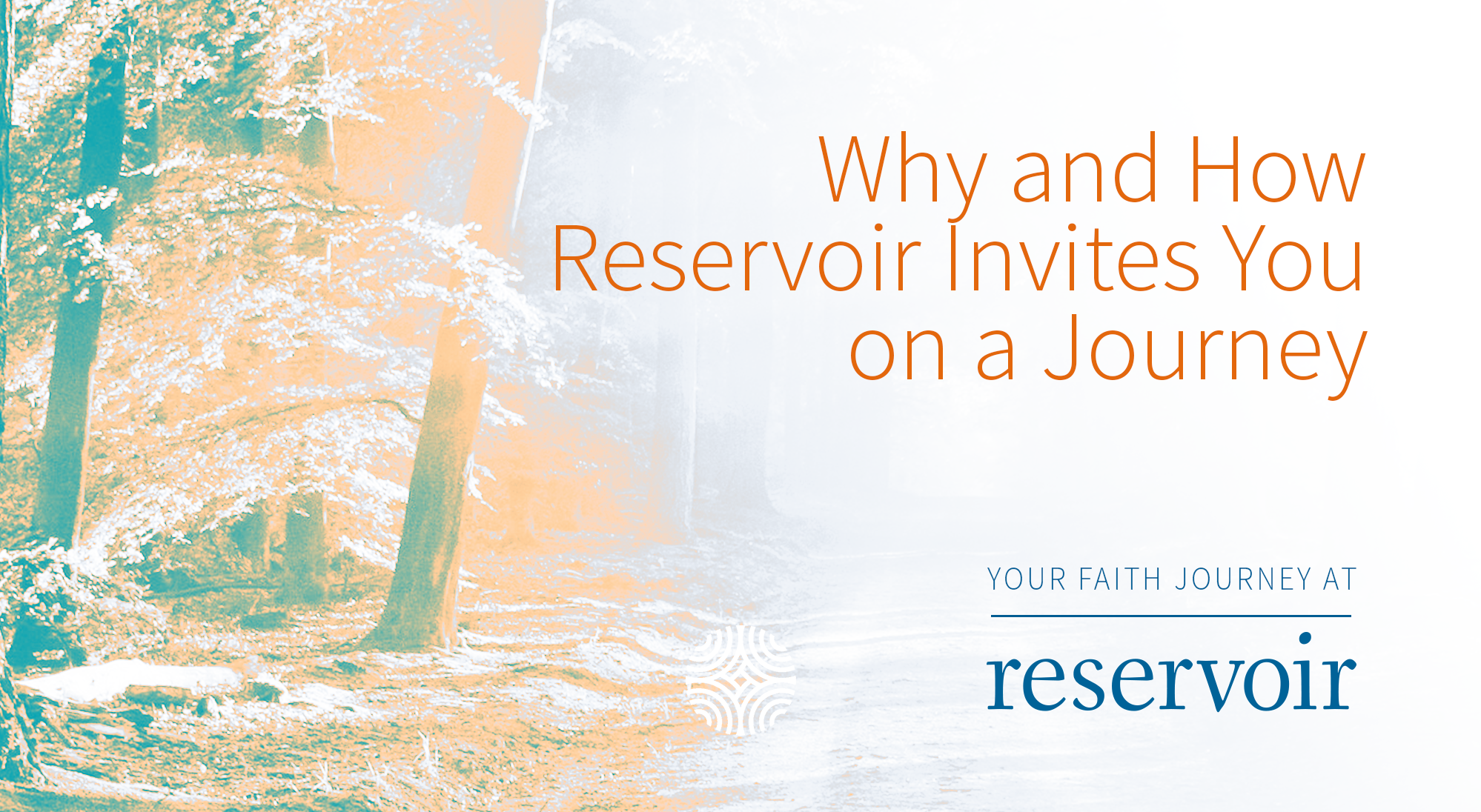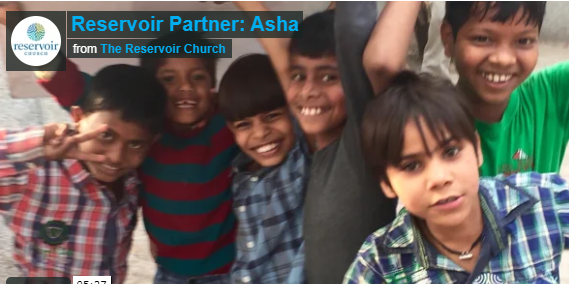Revisiting a Troubling Question:
A while back, after a Sunday church service, a friend of mine sought me out for some parenting advice, in the religion department. Her elementary school-aged daughter had asked her, “Mommy, why did Jesus die?” And as she was about to answer the question, she realized that she didn’t want to share the only answer that she had to offer.
See, my friend had been taught some version of this story about Jesus: All people sin. Some of those sins may seem small (say, not praying enough, or lying to our dentist about how much we floss), other sins big (the axe-murderer and genocidal tyrant sin divisions) but all of them reveal our human depravity that offends God and cries out for punishment. God, being both loving and ingenious, but hell-bent on punishment still, devises a plan. God’s only Son, who shares God’s identity and nature, is born a human being, and in his unjust death, is punished instead of us. In Jesus’ brutal, violent death, the punishment and estrangement from God that our evil merits is experienced by Jesus as a substitute on our behalf. Trust God that this transaction works, and be free from punishment. God will look at you and love you, because when God sees you, God will now see Jesus instead.
But my friend, just as she’s about to explain this to her daughter – God punished Jesus so God won’t have to punish you! – stops herself and is troubled.
There are many reasons she might be troubled. So many. I mean, my friend thinks: when my daughter needs punishment, it’s usually not an execution-worthy punishment. She’s a pretty good kid after all. And aren’t we learning that the point of parenting is to teach and nourish and guide, more than punish? In short, she’s wondering: is God meaner than I am? If God is so good, how is it that I seem more loving than this God?
A theologian and podcaster named Tripp Fuller puts my friend’s question on other terms. Christian trinitarian theology teaches us that God the Father, God the Son, and God the Holy Spirit share the same nature and qualities – one essence in three persons. And the scriptures teach that no one has ever seen God, but Jesus has made God known. God looks like Jesus. Which is why Tripp likes to ask, “God should be at least as nice as Jesus, shouldn’t he?”
The understanding of Jesus’ death that my friend didn’t want to tell her daughter is technically known as penal substitutionary atonement. This theory says that the main human problem is guilt that requires punishment, and that Jesus was punished by God on our behalf, so that we can be forgiven. It is not the only theory of why Jesus died, and it isn’t the oldest one either.
This theory has roots in medieval Christendom and even earlier, but it was really developed and popularized by John Calvin, Swiss Christian reformer who – unsurprisingly – was trained as a lawyer and so thought a lot about crime and punishment, and saw God partly on these terms.
This theory of penal substitutionary atonement, whatever its strengths may be, has caused so many difficulties. A few:
- Many of us don’t want to share it with our children. It seems to portray a vindictive, violent, punishment-obsessed God, a God who would also kill his child to save others.
- It may not have borne the best of fruit in the Prostestant Christian-influenced Western world. Worship of a sometimes violent God has usually made it easier for people to do violence on one another. Christians with this view of God have happily colonized, enslaved, and executed others in the name of this God.
- A belief that punishment requires justice has helped us make peace with things like mass incarceration. But we have learned that most of our conceptions of punishment aren’t just and don’t seem to heal or change the world for the better.
- This theory doesn’t sound like good news to most of us, and the story and life of Jesus – including his death – is supposed to be good news to us all.
So why did Jesus die?
Our good news for today is that there are other ways of understanding this. We’ll return to those next week.











